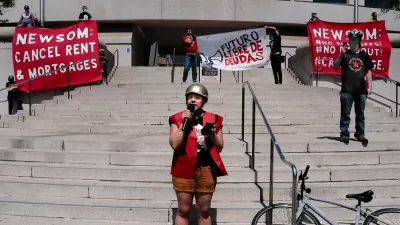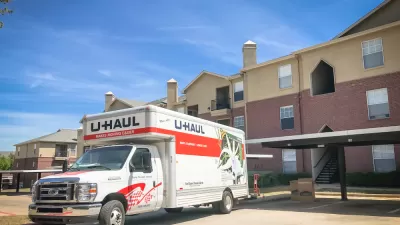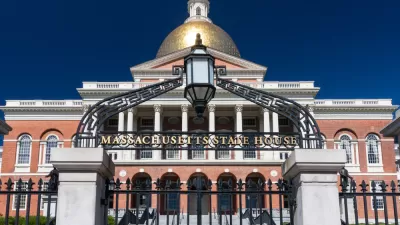Shelterforce spoke with researchers, advocates, lawyers, housing economists, and rental housing industry representatives to understand what that crisis would do to evicted families, public health, and the housing market.

The clock is ticking for Americans who are struggling to pay rent amid the fallout of the COVID-19 pandemic. The $600-a-week enhanced unemployment benefits created in Congress’s CARES Act runs out on July 31. The federal eviction moratorium—which protected about one quarter of American renters—expired July 24. Many of the patchwork state and local eviction moratoriums have already ended, with more expiration dates on the horizon for others. The U.S. Census Bureau’s weekly survey of American households recently found that 26.4 percent of Americans have either already missed a rent or mortgage payment or have little to no confidence that they will be able to pay their next month’s rent on time.
House Democrats moved to extend eviction protections and provide rental assistance when they passed a second, $3 trillion emergency relief package called the HEROES Act in May. But to date, Senate Republicans have not reciprocated.
With tens of millions of Americans out of work and facing their August rent bill without any support from the federal government, advocates are sounding the alarm about a looming mass eviction crisis.
In June, researchers from the Aspen Institute and the COVID-19 Eviction Defense Project calculated that between 19 million and 23 million renters are at risk of eviction by the end of September, barring significant new intervention by the U.S. government.
That would be eviction on a historic scale. In 2016, for example, there were about 3.7 million eviction filings, according to the most recent data from researchers at Princeton University’s Eviction Lab (and likely just as many illegal or informal evictions on top of that). While every renter among those tens of millions evicted in the coming months wouldn’t end up homeless, many millions would be pushed to the street, forced to seek help in already-strained affordable housing, homelessness, and health care systems.
It is hard to imagine the impact of millions of Americans falling into homelessness during a deadly pandemic. It is a crisis that feels like something out of a disaster movie. But the more than 140,000 deaths from COVID-19 so far have shown us that real disaster can strike, especially when crisis is met with inadequate response by those in charge.
So what will happen if the worst comes to pass and upward of 23 million American renters are evicted from their homes? Shelterforce spoke with researchers, advocates, lawyers, housing economists, and rental housing industry representatives to understand what that crisis would do to evicted individuals and their families, and to shelter systems, public health, and the rental housing market.
FULL STORY: What Happens if 23 Million Renters Are Evicted?

Maui's Vacation Rental Debate Turns Ugly
Verbal attacks, misinformation campaigns and fistfights plague a high-stakes debate to convert thousands of vacation rentals into long-term housing.

Planetizen Federal Action Tracker
A weekly monitor of how Trump’s orders and actions are impacting planners and planning in America.

San Francisco Suspends Traffic Calming Amidst Record Deaths
Citing “a challenging fiscal landscape,” the city will cease the program on the heels of 42 traffic deaths, including 24 pedestrians.

Detroit Says Problems With Property Tax Assessments are Fixed. Advocates Disagree.
With higher-valued properties under assessed and lower-valued properties over assessed, advocates say there's still a problem with Detroit's property tax system.

Defunct Pittsburgh Power Plant to Become Residential Tower
A decommissioned steam heat plant will be redeveloped into almost 100 affordable housing units.

Trump Prompts Restructuring of Transportation Research Board in “Unprecedented Overreach”
The TRB has eliminated more than half of its committees including those focused on climate, equity, and cities.
Urban Design for Planners 1: Software Tools
This six-course series explores essential urban design concepts using open source software and equips planners with the tools they need to participate fully in the urban design process.
Planning for Universal Design
Learn the tools for implementing Universal Design in planning regulations.
Heyer Gruel & Associates PA
JM Goldson LLC
Custer County Colorado
City of Camden Redevelopment Agency
City of Astoria
Transportation Research & Education Center (TREC) at Portland State University
Jefferson Parish Government
Camden Redevelopment Agency
City of Claremont





























